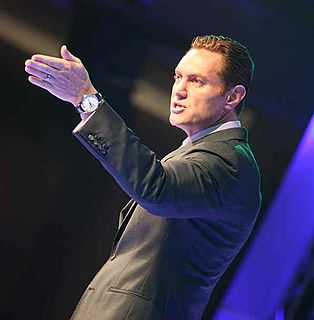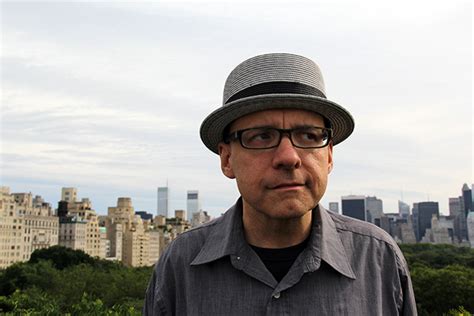A Quote by Linda McMahon
It's unfortunate, you know, that you can't change people's - habits, their personal habits.
Related Quotes
Change is difficult and it takes time. It is hard for people to change their own behavior, much less that of others. Change programs normally address attitudes, ideas, and rewards. But the behaviors of people in organizations are also strongly shaped by habits, routines, and social norms. Real change requires new power relationships, new work routines and new habits, not just intent.
In truth, the only difference between those who have failed and those who have succeeded lies in the difference of their habits. Good habits are the key to all success. Bad habits are the unlocked door to failure. Thus, the first law I will obey, which precedeth all others is - I will form good habits and become their slave.



































